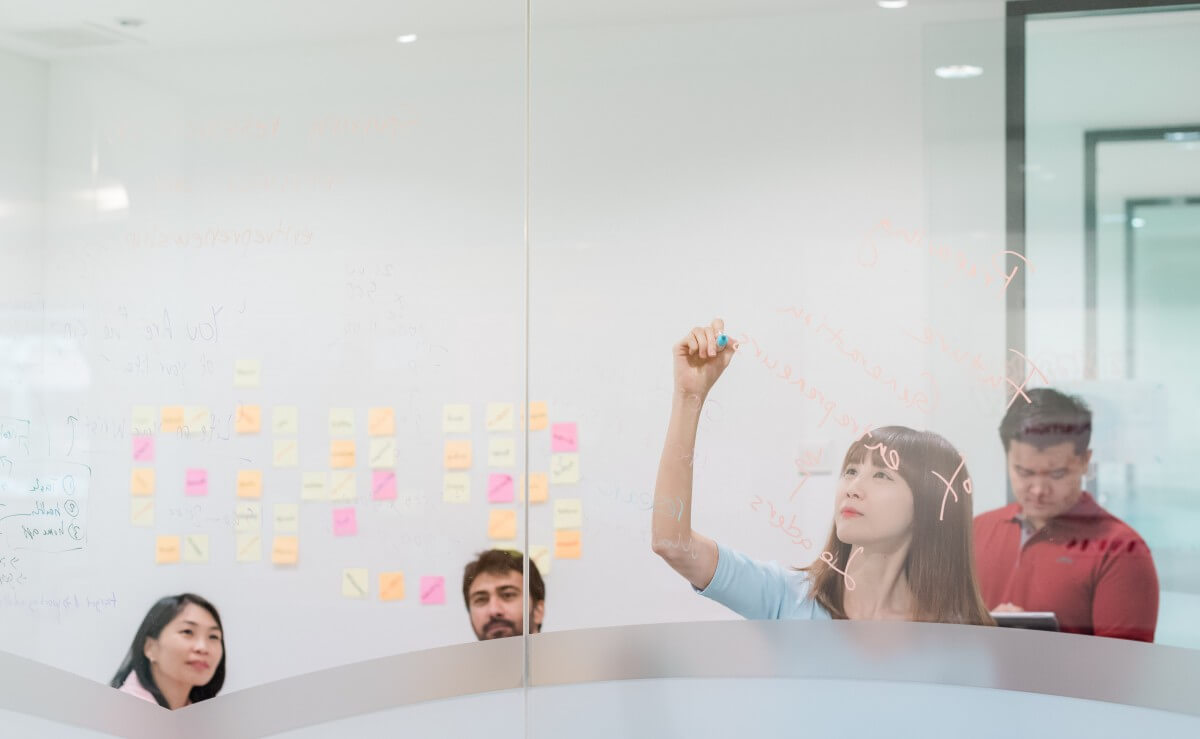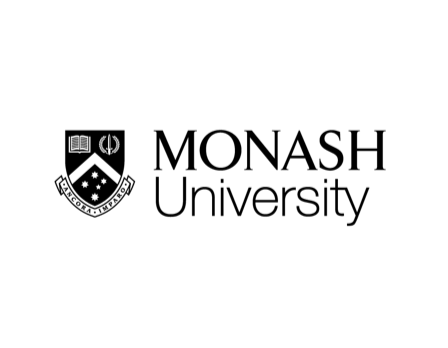Businesses have long focused on profit at the expense of everything else. From oil to automobiles, fashion to real estate, investor returns have trumped ethics, and most business schools have followed suit.
But today, the most successful enterprises are those that dare to be different. Their targets are higher than financial gains alone, aiming instead to unite an increasingly globalised world, promote diversity and ensure a better planet for all.
These are ambitious goals. But in Malaysia, one business school has a proven track record of delivering this alongside a quality business education: Monash University Malaysia.
Monash Malaysia has the right strategy. In a world rife with rapid technological innovation and urgent climate matters, sustainable development is the only way forward. Merging business with social and environmental causes is admirable but it’s no easy feat. So how does Monash Malaysia do it, and successfully too?
The key lies in experiential education. As Sophocles said: “One must learn by doing the thing, for though you think you know it – you have no certainty until you try.”
Experiential education contains the following elements: reflection, critical analysis and synthesis, opportunities for students to take initiative, make decisions and be accountable for the results. This is so students engage intellectually, creatively, emotionally, socially and physically.

Active learning – Master of International Business students learn through active discussions and do problem solving on case studies in Korea.
Recognising that engaged students demonstrate both emotional and cognitive competencies, this school gives students a real-world taste of their passion through hands-on learning and field trips. Designed to take learners beyond the conventional classroom, for example, young minds are educated and inspired on a three-day field trip to the Belum and Gopeng Rainforests.
“The goal of the field trips was to understand the connection between business management and sustainability,” explained Dr Lau, Senior Lecturer at Monash School of Business. “We chose the rainforest as students were learning about the impact of business decisions relating to eco-tourism, hydroelectric dams, logging, and forestry.”
Two years on, Dr Lau and Professor Lee, Dean of Federation Business School Australia and co-planner of the trip, reconnected with their former student participants. Students had developed their voice and honed the ability to form constructive ideas, driven by an intention to improve and succeed. The educators were pleased to observe that even after so long, students continued to practice what they’d learnt in the forests. That’s experiential learning in action.
But be it in the Bachelor of Business and Commerce, the Master of International Business or the Postgraduate Diploma in Business and Commerce, every course ensures students play an active role in the learning process.
As well as teaching business concepts, such experiences also teach the values of compassion, happiness and teamwork. Studies have shown that such social action initiatives, including volunteering, “develop some of the most critical skills for employment and adulthood in the process”.
Exposure, through taking part in various regional competitions within the industry – which Monash Malaysia actively encourages – adds several benefits. This includes the opportunity to build professional skills and applying what’s learnt in the college classroom to real-world situations.
To be highly employable today is to have the right balance of qualifications and commercial experience. A recent survey of 50,000 employers revealed that employers want both. Business competitions, such as the EY Asia Pacific Cyber Case Competition 2019 held in Hong Kong, where four Monash Malaysia business students emerged first runner-up – is one example of the experiential opportunity recruiters look for in fresh graduates.
They were the only Malaysian team to be selected from all 10 chosen for the global round, while no less than 70 teams applied. On competition day, they were tasked to find solutions for a cyber threat for a large multinational bank, as well as to analyse the entire Cambridge Analytica incident and design a cybersecurity strategy for Facebook moving forward.

Bryan Thean Li Ren, Howard Ho Zi Hui, Leo Kah Man, and Chong Mee Hun – first runner up team
This achievement has benefits far beyond winning a prize. Former winners say they received invaluable support and guidance through the opportunity to interact with business owners and investors. The feedback students receive at such events can be “priceless”, offered by judges who have diverse backgrounds and knowledge. As future CEOs, such events can even be used as recruitment drives to spot talent to absorb into students’ startups or companies.
Developing global perspectives is a key focus point at Monash Malaysia, too. Immersive study tours to countries like the Philippines and China during summer let students meet with business and government leaders, observe how international trade works and gain first-hand experience of how companies and organisations operate in different parts of the world.
The corporate presentations also cover vital international business topics such as entry modes, international marketing, international human resources practices and sustainability challenges faced by companies. Some of the organisations covered include the Asian Development Bank, Convergys and the Solitaire Resort in the Philippines, as well as Bosch Rexroth Colliers International, Ogilvy and NNIT in China.
The power of such competitions and international study tours lies in one trait they both share, according to Professor Benson. “They take the student out of their comfort zone and force them to extend their thinking and apply a variety of approaches to understand the dynamics of modern industry and a globalized world,” he explained.
Experience in such activities is a critically important asset in a world of constant technological disruption and inevitable change. Professor Benson adds:
“In the School of Business, we meet such challenges by providing a learning environment where critical thinking and problem solving underpins all we do. For us ‘business as usual is no longer an option’ and we must prepare our students for the business world of tomorrow.”
Follow Monash Malaysia on Facebook, Twitter, YouTube, Weibo, Instagram and LinkedIn
Like this? Then you’ll love…
Teaching business in a New Malaysia
Monash Malaysia Business School – A leading light of entrepreneurship and innovation











